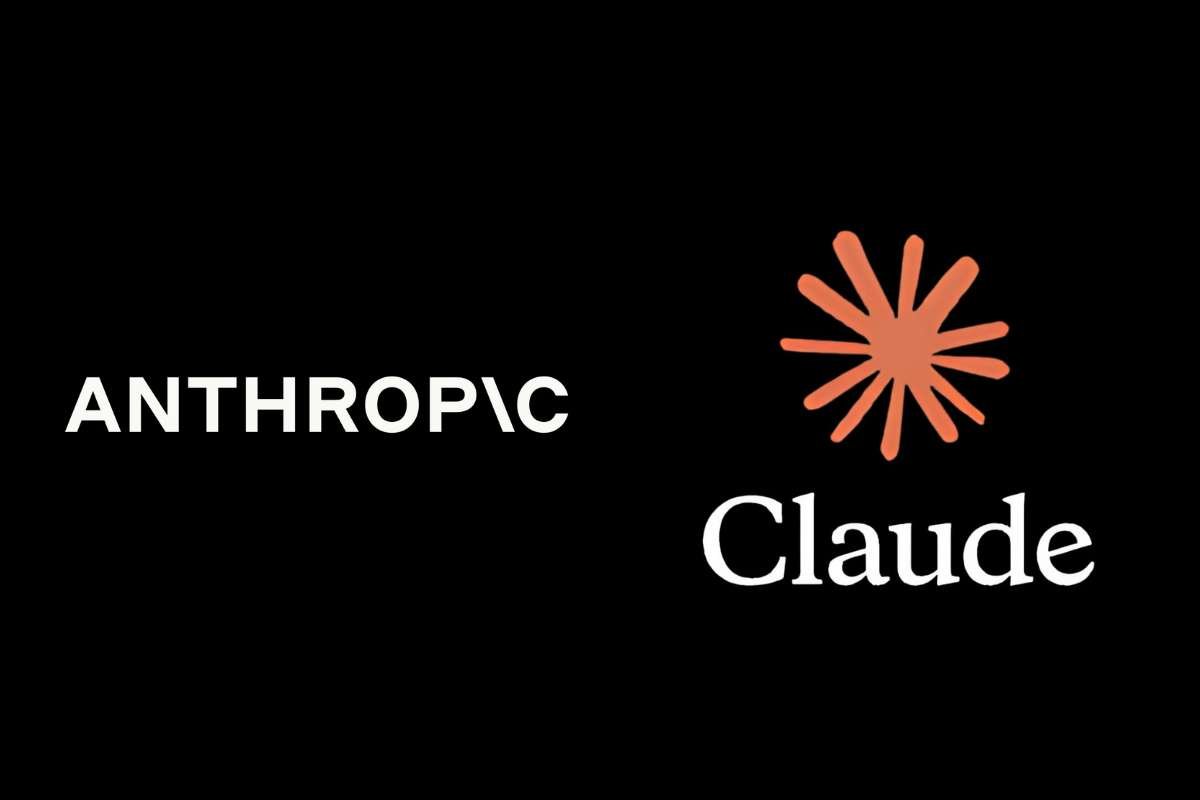Key Points:
- Cognition AI hits $10.2B valuation after $400M raise, fueled by sharp revenue growth.
- Windsurf deal lifts enterprise revenue 30% and enhances Devin’s coding tools.
- Despite culture concerns, Cognition bets big on AI agents in enterprise software.
Artificial intelligence startup Cognition AI has secured a massive $400 million funding round, propelling its valuation to $10.2 billion just two months after it acquired Windsurf. The investment, led by top venture capital firms, reflects the growing appetite for AI-driven software development and solidifies Cognition’s standing among the most valuable private companies in the sector.
The company’s flagship product, Devin—an AI-powered software engineer—has been at the heart of this meteoric rise. Cognition’s annual recurring revenue has surged from just $1 million a year ago to $73 million by mid-2025. Despite its rapid scaling, the startup has managed to maintain capital efficiency, keeping net cash burn under $20 million since its founding only two years ago.
Windsurf Acquisition and Strategic Expansion
Cognition’s valuation leap comes on the heels of its strategic acquisition of Windsurf, an Artificial intelligence coding startup whose founders had previously joined Google in a multi-billion-dollar licensing and talent deal. By integrating Windsurf’s technology and the rest of the team, Cognition AI has significantly expanded its capabilities, merging Devin’s autonomous coding agent with Windsurf’s development tools and multi-model integration.
The acquisition has proven transformative, boosting Cognition’s enterprise revenues by more than 30% as cross-selling opportunities opened between the two companies’ customer bases. Prominent clients, including Goldman Sachs, Citi, Dell, Cisco, Palantir, and Mercado Libre, have adopted the expanded suite of tools, while Windsurf’s customers have embraced Devin’s autonomous coding features.
Executives at Cognition AI believe this fusion of technologies marks a turning point for enterprise AI software development, with the potential to accelerate the way engineers design, deploy, and manage complex systems.
Culture, Competition, and Future Outlook
While Cognition’s growth trajectory has been remarkable, the company’s workplace culture has sparked debate. Known for its demanding ethos, the startup expects employees to endure long workweeks, with reports of 80-hour schedules and a workforce restructuring earlier this year. In July, Cognition laid off 30 employees and offered voluntary exits to around 200 staff who were not aligned with its rigorous culture.
Cognition AI also faces stiff competition from established tech giants and emerging startups alike. Rivals such as Microsoft’s GitHub Copilot, Amazon’s AI coding tools, Anthropic’s Claude Code, and OpenAI’s Codex are all racing to advance AI-powered programming assistants. Startups like Sourcegraph and Replit are also pushing innovations in autonomous coding, making the space increasingly competitive.
Despite the crowded field, Cognition’s strategy of combining autonomous agents with integrated development environments sets it apart. The fresh capital infusion will be channeled into expanding its engineering teams and accelerating product development, with a focus on positioning AI agents as a central part of enterprise software systems.
For investors and clients alike, Cognition’s rapid rise demonstrates not only the commercial viability of AI-driven coding solutions but also the growing belief that autonomous agents will play a critical role in the future of technology development.


















